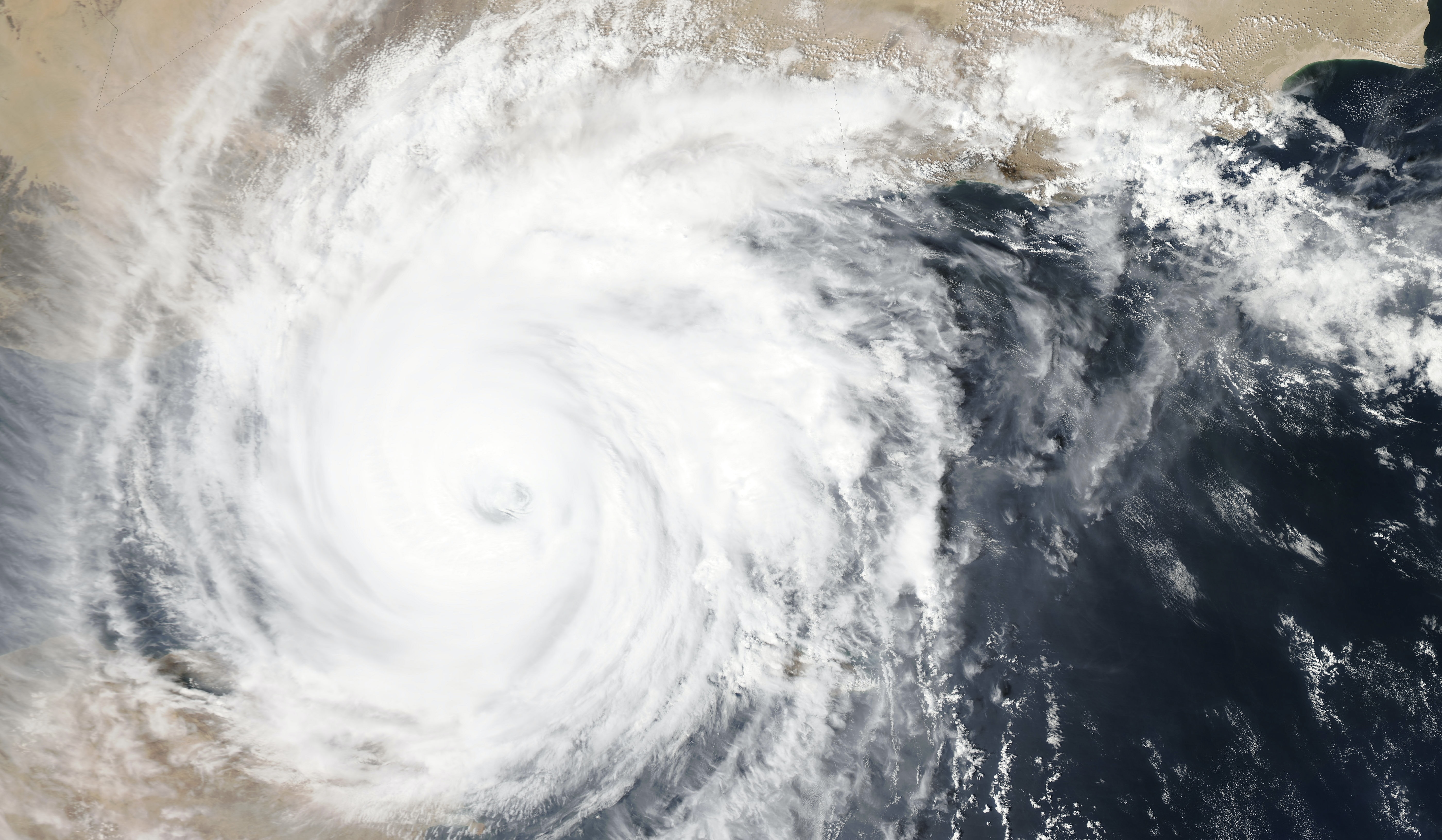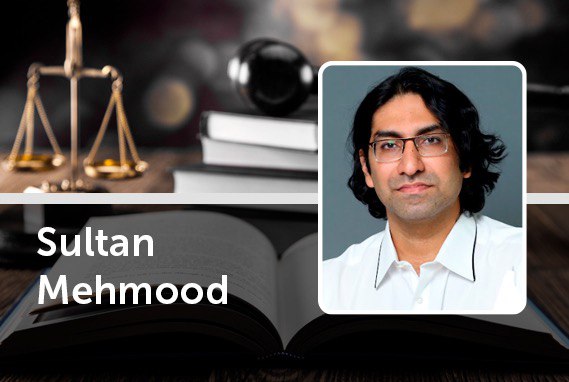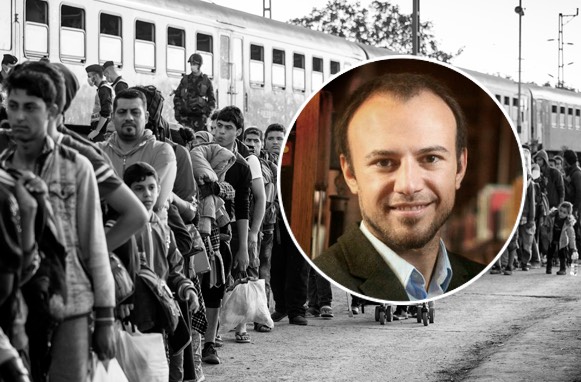Dialogues

The Past and Present Climate Impact on Economy
The interplay between climate and economy was one of the topics of the "Economics out Loud" podcast. Wasn’t the entire economic development since ancient times happening under the influence of climate change and hasn’t humanity overestimated its independence from the weather? Natalia Lamberova, a Professor at the University of Texas at Dallas, and Oleg Demidov, NES graduate and co-founder of CarbonSpace, a technology company that monitors greenhouse gas emissions, talked about the history and examples of the impact of climate on the economy; humanity’s ways of adapting to weather changes; climate’s impact on conflicts, institutions and culture; the price that humanity paid for global cooling and may now pay for global warming. There may be no bad weather, but research shows that not all weather is good for economic growth. GURU presents an interview based on the podcast episode.

Culture, institutions and economic development: interlinkages and issues
What is driving economic growth? What is the nature and causes of the wealth of nations? Why some nations moved from poverty to prosperity while others, on the contrary, fell into miserable poverty? These are all perennial questions for scholars. How economic development is interlinked with institutions, culture, religion and history – these issues are discussed by Ian Melkumov, a GURU author, with Jean-Philippe Platteau, Emeritus Professor of Economics at the University of Namur, Belgium, and Shlomo Weber, President and Professor of Economics, New Economic School in Moscow, and Professor of Economics, Southern Methodist University, Dallas, Texas. How culture and economy can move together or get stuck together, how crises are testing the strength of institutions, how populists are using traditional values to grab power, how the Golden Horde rule over Russia affected its development and what are the roots of Russian resentment against the West – these are just a few points of their conversation.

Institutions that foster and retard economic development
GURU talked to NES Assistant Professor of Economics Sultan Mehmood about his research on state capacity, institution building and changing deeply rooted social norms.



.png)









